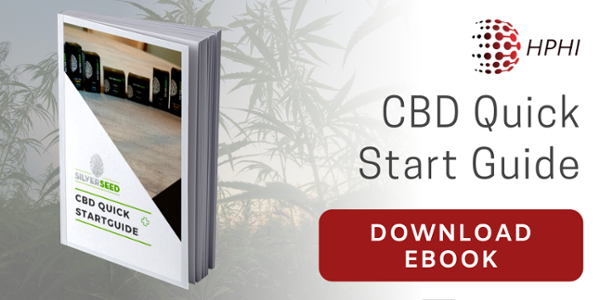-1.png?width=1200&name=Untitled%20design%20(1)-1.png)
Continuing our "Your Conventional Insurance-Based Lab Work is Garbage" series, today we will be discussing how you can get a glimpse into the level on inflammation in your body.
A very simple and inexpensive way to assess your current inflammation is via a serum marker called high sensitivity C-reactive protein (hs-CRP).
So, what is it and why should you care?
Specifically, it is a blood test that measures the amount of C-reactive protein throughout your body with a high level of sensitivity.
And while that may possibly mean absolutely nothing to you, what it means for your longevity and decreasing your risk of stroke or heart attack is a whole different story.
Put simply, the more c-reactive protein you have in your blood, the greater your levels of systemic inflammation.
And, the more chronic inflammation you have, the greater your risk of chronic disease.
What are the Optimal/Functional Levels of hsCRP?
When discussing optimal/functional levels of hsCRP as an inflammatory marker, you obviously want your levels to be as low as possible.
But for the sake of this article and painting a better picture of what a "healthy" range would look like, see the categories below:
1. Optimal range
(meaning your body is not notably inflamed and is functioning properly in regards to managing its current stress load) is less than 1
2. Average range
(meaning your inflammation is mild-to-moderate and not as optimal as you could be) is 1-3
3. Sub-optimal range
is any greater than 3. This is a sign your body has too much inflammation—and we will want to discover why
"So, my levels are above 1 and I am sort of freaking out about it!"
First things first, breathe. Freaking out will only exacerbate the current problem and raise inflammation even higher.
You want to start by asking yourself and your doctor a certain series of questions in order to uncover the route cause of the issue at hand.
We list a few of our favorites, below:
-
On a scale of 1 -10, how would you rate your ability to manage stress? (Of course with 10 representing that of a Buddhist Monk and 1 exhibiting the tantrum you threw above while freaking out about your levels.)
-
What does your diet look like? Highly processed or only whole foods?
-
How sensitive are you to your own insulin? (measured by your levels of serum insulin and your blood sugar throughout the day.)
-
How would you rate your sleep in regards to quantity and quality throughout the week?
-
Are you exercising too little or too much?
-
What is your Omega 6/ Omega 3 ratio?
-
What supplements have you tried before to lower your inflammation symptoms? Fish Oil? Turmeric? CBD?
- How are you mitigating physical pain from exercising?
Based on your responses to just those questions, you would be providing a great foundation for you and your doctor to start tweaking your current lifestyle in hopes of figuring out which areas of improvement could provide the best return to your improved health.
"How often should I measure my hs-CRP?"
That, of course, depends on how high your initial number was in the first place and how your level of perceived stress is fluctuating throughout the year. At a minimum, we recommend having it assessed annually.
If you feel as though you would like to measure it more often than your insurance will allow or your doctor feels is necessary (since they only have an opinion and their permission isn't necessary) then sign up below.
Other notable markers for inflammation to ask for are your Homocysteine Levels, Omega-3 Levels, and fasting insulin levels.







